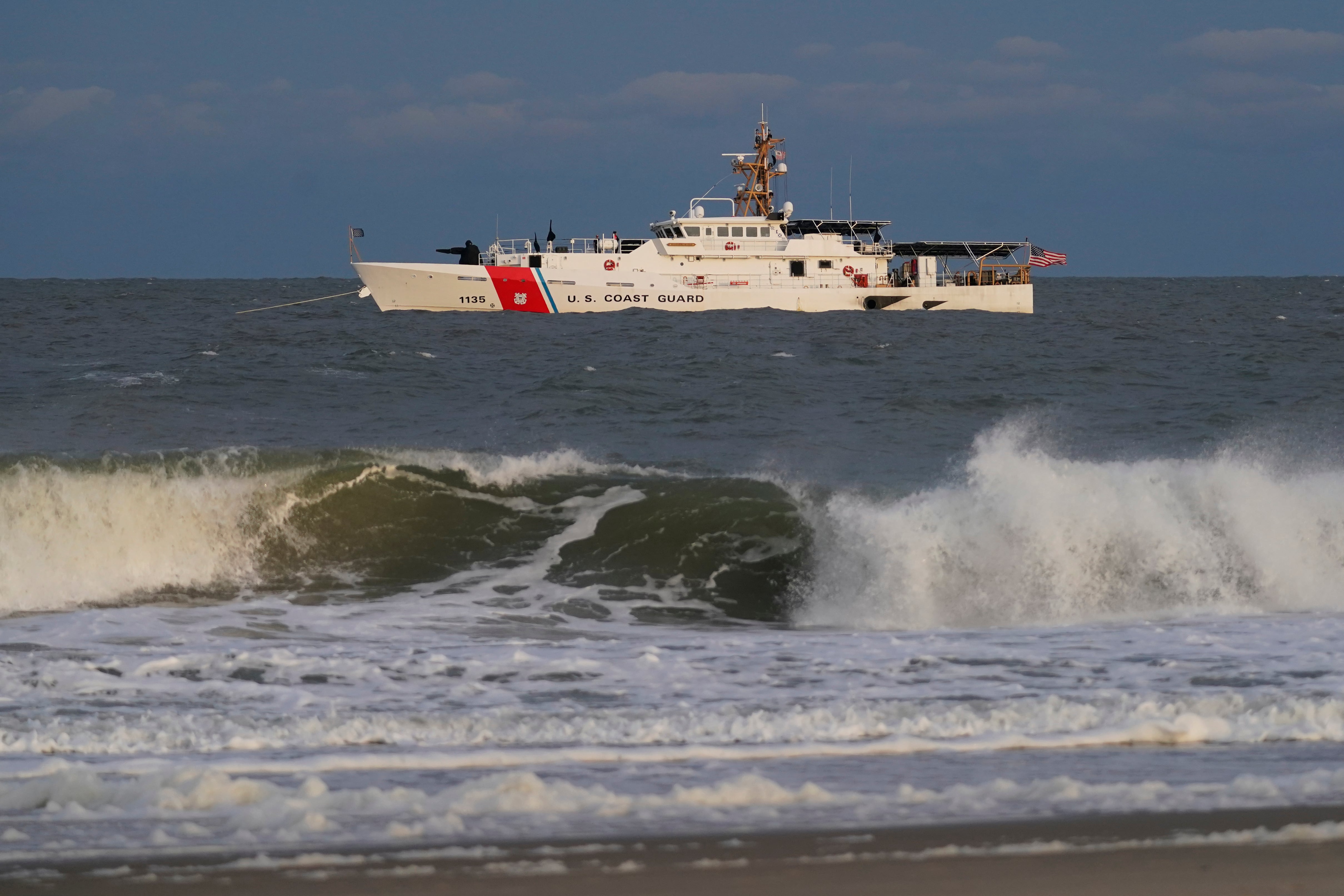On June 30, reports were brought to light about an investigation into alleged sexual abuse at the Coast Guard Academy that revealed a history of sexual assaults and misconduct that was largely ignored. The story, first reported by CNN, was also picked up by local papers in Connecticut and national press, including The Associated Press, whose story was republished by Military Times. Shortly after the stories appeared online, Adm. Linda Fagan released a message to the Coast Guard community stating that Coast Guard leaders “own” the failure of not taking appropriate action at the time of the alleged crimes.
I’m a former Coast Guard judge advocate general and as I read the story I quickly realized that I had served at Coast Guard headquarters during four of the years in which the cases weren’t investigated, from 1988 to 2006, according to the reports. The next question running through my mind was why were these allegations not investigated? Who gave the legal advice to handle the crimes as administrative violations? Who advised on issuing punishments in the form of extra homework or lowered class standing in lieu of prosecution?
The likely answer — Coast Guard, Department of Transportation, and Department of Homeland Security lawyers. They have a lot to answer for.
Coast Guard headquarters during those days was located at Buzzard Point, near Fort McNair. The legal team was on one floor and the various divisions were led by a Coast Guard captain or civilian GS-15. Coast Guard lawyers stationed at the Coast Guard Academy provided immediate assistance to the school with the headquarters team providing more specialized guidance.
All reported to the Coast Guard chief counsel, who advised the Coast Guard commandant. The commandant advised the Secretary of Transportation prior to 2003 and afterwards, the Secretary of Homeland Security.
After I left the Coast Guard, I became a chief counsel at the U.S. Maritime Administration, or MARAD. The agency is responsible for the fifth federal service school. This experience taught me that agency chief counsels are always involved in sexual assault investigations and information about sexual assaults is shared at high levels within the federal government. As MARAD chief counsel, I regularly briefed the Department of Transportation general counsel. The Coast Guard chief counsel briefs the Department of Homeland Security General Counsel.
The same lines of communication apply for investigations. When the Coast Guard in 2014 launched its investigation into the mishandled cases, dubbed Operation Fouled Anchor, Coast Guard lawyers at the Coast Guard Academy would have been responsible for briefing the Coast Guard Chief Counsel. Then he would be responsible for sharing information with the Department of Homeland Security General Counsel. Once the investigation was completed, Coast Guard lawyers would have advised on who should have seen the results.
Senators Maria Cantwell, D-Wash., and Tammy Baldwin, D-Wis., sent a letter to the Coast Guard on June 30 demanding answers about the missing prosecutions and the secret investigation. It’s my hope that the senators expand their line of investigation and ask questions about the lawyers assigned to the school and their leadership team.
Sexual assault was a crime in 1980s. It was a crime when I served in the late 1990s. It was a crime when the investigation started in 2014 and it is a crime today. Coast Guard, Department of Transportation, and Department of Homeland Security lawyers should have been advocating for prosecution of said crimes.
If their client, the Coast Guard Academy superintendent, the Coast Guard commandant, and/or the Secretaries of Homeland Security/Transportation opposed the prosecutions then the lawyers should have said something. Lawyers, especially those who swear an oath to uphold the Constitution against all enemies foreign and domestic, can’t turn a blind eye to criminal activity that physically harms another person.
K. Denise Rucker Krepp is a former Coast Guard officer, former U.S. Maritime Administration Chief Counsel, and former locally elected Washington, D.C., official.
Have an opinion?
This article is an Op-Ed and as such, the opinions expressed are those of the author. If you would like to respond, or have an editorial of your own you would like to submit, please email us. Want more perspectives like this sent straight to you? Subscribe to get our Commentary & Opinion newsletter once a week.





